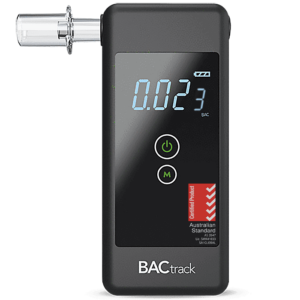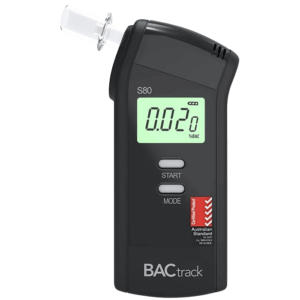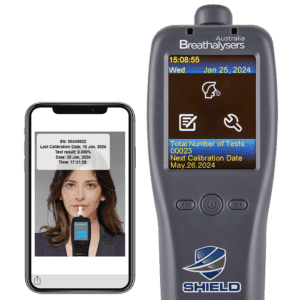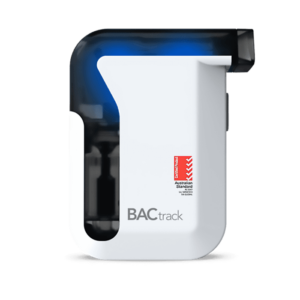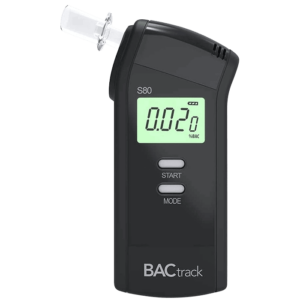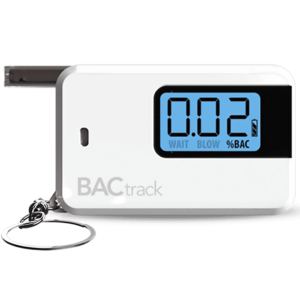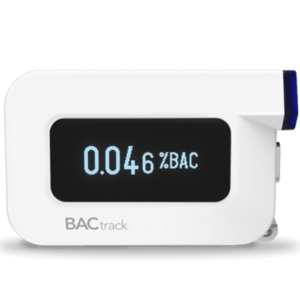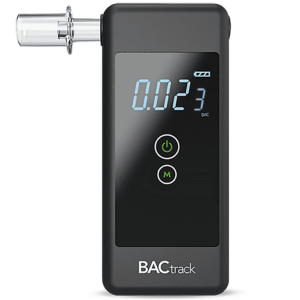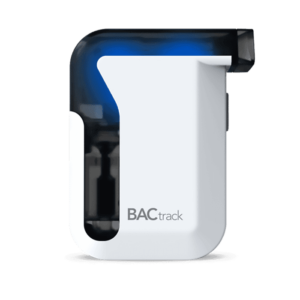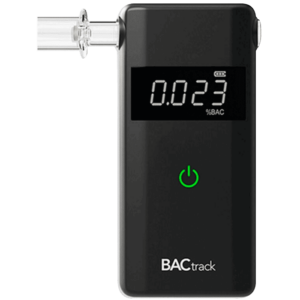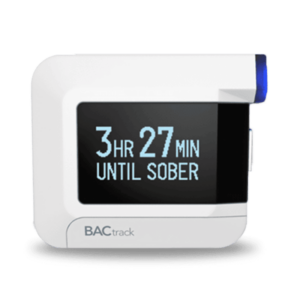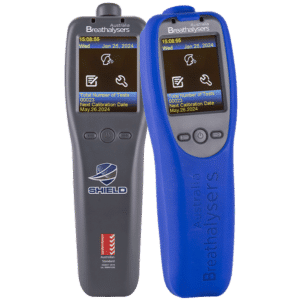Lab Drug and Alcohol Screen: Importance and the Testing Procedures
26 February, 2024

Laboratory testing is one of the most reliable ways to determine if drugs or alcohol are present in a person. This process involves the technical analysis of various biological samples to detect illicit substances. The importance of a lab drug and alcohol screen covers a wide range of areas, including workplace safety, legal proceedings, and healthcare treatment. There are several methods to perform this procedure, such as urine, saliva, and blood testing.
Drug and alcohol abuse can have serious impacts on the person. Physically, it impairs reasoning, perception, and motor skills, increasing the risk of accidents and injuries. On the other hand, long-term use has a high risk of developing mental health disorders and other health issues. Therefore, lab screening is crucial to manage and prevent these risks. This article will highlight the importance of drug and alcohol screening, the different testing procedures, and factors to consider in looking for a facility.
Importance of Lab Drug and Alcohol Screen
Lab drug and alcohol screens play a critical role in various aspects of society. One of the key reasons for conducting these tests is to ensure safety, whether in workplaces or public areas like roads and highways. Individuals under the influence of drugs or alcohol are more likely to cause accidents, especially when operating vehicles or machinery.
By implementing workplace drug testing, employers and authorities can identify and intervene in cases of substance abuse among their employees. Hence, it promotes a safer and more productive work environment. This not only protects the individuals themselves but also those around them. In legal proceedings, a lab screening can provide crucial evidence to support claims or decisions.
In healthcare settings, drug and alcohol screening is essential for proper diagnosis and intervention. It allows health professionals to develop an appropriate treatment plan for those with addiction problems. Additionally, regular screening deters substance abuse. Individuals are less likely to develop dangerous drug habits knowing the consequences of testing positive on a lab screen.
Role of Laboratories in Testing
- Laboratories or testing agencies provide accurate and reliable drug test results.
- Lab-based testing confirms the results of initial screening tests using immunoassay drug test kits.
- It helps ensure compliance with regulations and policies, keeping individuals and communities safe.
- Laboratories offer a variety of methods to test for illicit drugs to meet different testing requirements.
- Employers rely on lab testing to maintain a drug-free workplace and protect the well-being of their employees.
- Lab alcohol and drug screening can help identify chronic substance abuse patterns early on, allowing for timely interventions and support.
- It provides evidence to support legal investigations.
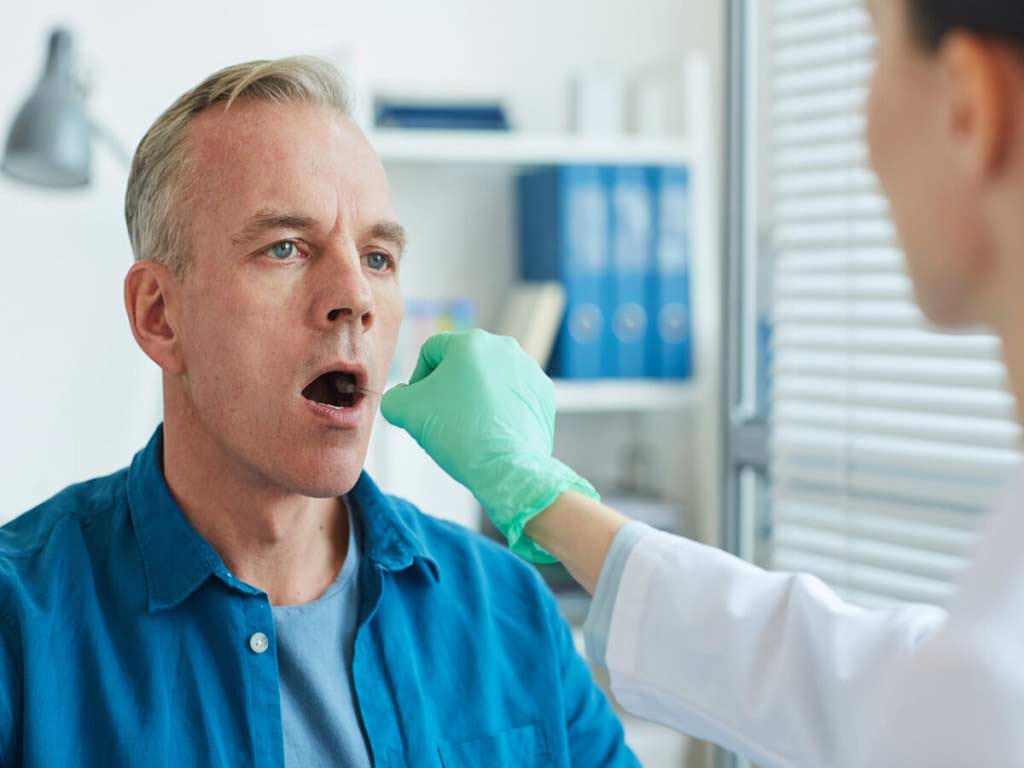
Testing Procedures in a Lab Drug and Alcohol Screen
The testing procedures in a lab drug and alcohol screen are more rigorous and standardised than onsite or remote testing. Laboratory facilities follow strict protocols to ensure the accuracy and validity of the testing method. The first step in the process is sample collection. An individual may receive instructions on how to collect the sample, or the collection is done under direct observation.
A collector secures the specimen by documenting it properly and transporting it to a facility. Once the sample arrives at the lab, it undergoes various techniques such as immunoassay or Gas Chromatography-Mass Spectrometry (GC-MS). GC-MS, in particular, is highly sensitive and specific, allowing for precise identification and measurement of substances.
After the testing is complete, a qualified laboratory technician or toxicologist reviews the results. Any initial non-negative result undergoes further testing to rule out false positives. Finally, the lab generates a detailed report and sends it to the appropriate party, such as an employer or medical professional. Overall, the lab testing procedures are thorough and precise to provide reliable information for decision-making purposes.
Types of Screening Methods
Various screening methods are available to identify the presence of drugs or alcohol in a person. One of the most common forms of drug testing is the urine test. Urine samples have an extended detection window of 48 hours to a few weeks. It can trace a wide range of drugs, including marijuana, cocaine, amphetamines, and opioids.
Another method is saliva or mouth swab tests. This type can trace substances for a shorter duration of approximately 24 hours, making it ideal for determining recent drug use. In addition, an alcohol breath test is an efficient way to test for alcohol intoxication.
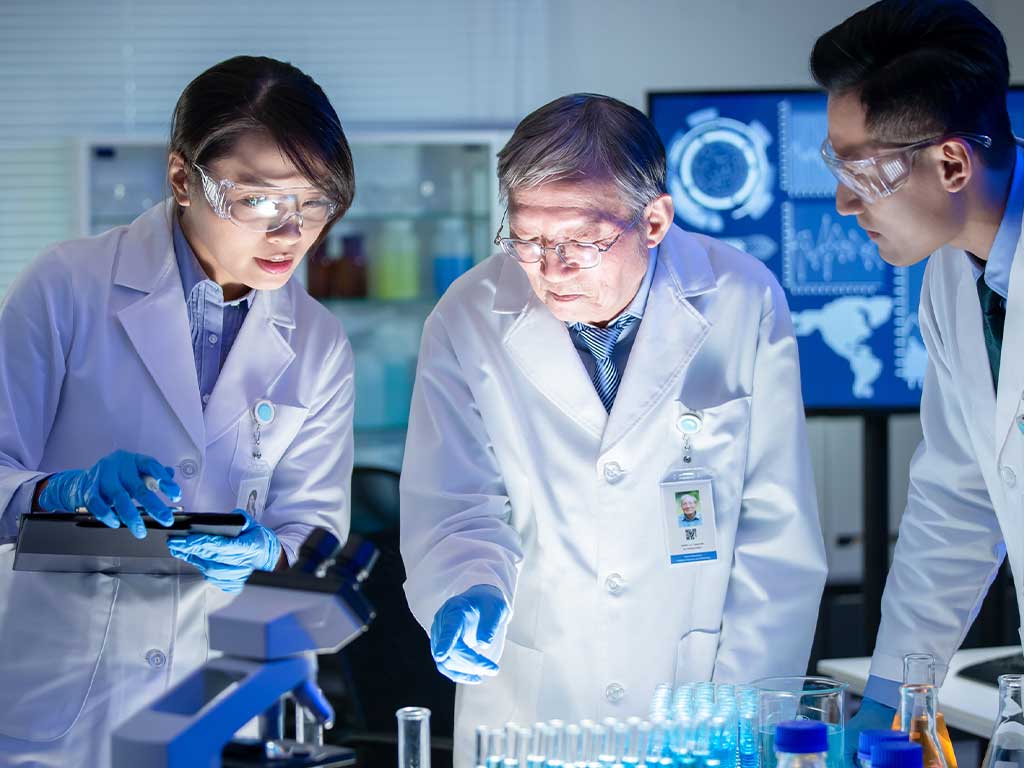
What to Look for in a Facility for Lab Drug and Alcohol Screen?
When looking for a facility for lab drug and alcohol screening, there are several key factors to consider. First and foremost, it is essential to choose a facility that is accredited and certified by relevant authorities. This means that they meet all necessary standards for drug testing, such as adhering to the proper specimen collection process, chain of custody procedures, and safety measures.
Secondly, consider the range of services offered. A comprehensive alcohol and drug testing clinic should be able to provide a variety of testing options and services. Aside from breath, saliva, and urine testing, many labs also offer hair and blood testing. Moreover, it is important to take the turnaround time for results into account.
Lastly, cost plays a key role in deciding on a suitable facility for drug and alcohol screening. The fees can vary depending on the type of test, the number of substances being tested for, and the volume of testing. However, while it is important to find a testing centre that offers affordable pricing, the reliability and integrity of the test should not be compromised.
Accredited and Validated Laboratories
Certified and accredited laboratories ensure that they meet specific quality standards and follow proper testing protocols. These facilities have undergone rigorous validation processes to provide accurate and precise results. By choosing to work with accredited laboratories, clients can have confidence in the reliability of the test results, enabling them to make informed decisions.
Additionally, these laboratories are well-adept in workplace drug testing regulations, helping employers comply with legal requirements. They adhere to strict guidelines set by government authorities, making sure that the testing procedures are consistent and reliable. Furthermore, it prioritises privacy and confidentiality protocols.
Conclusion
The lab drug and alcohol screen is an important tool for detecting substance use and abuse. This helps in ensuring the safety and well-being of individuals in various situations. In addition, this measure is common in workplaces, law enforcement, and healthcare settings. As such, lab facilities offer several testing methods, including urine, saliva, and breath tests. They can detect a wide range of substances, including illegal drugs and prescription medications.
When choosing a facility, it is vital to consider accreditation, the range of services offered, and the efficiency of testing. Certified laboratories guarantee that they follow validated procedures and instruments to provide the most reliable test results. This helps organisations conduct drug and alcohol testing for pre-employment, random, post-incident, and reasonable suspicion cases. By partnering with accredited facilities, individuals and organisations can have confidence in the accuracy of the testing process, ultimately promoting safety and compliance with legal regulations.


















